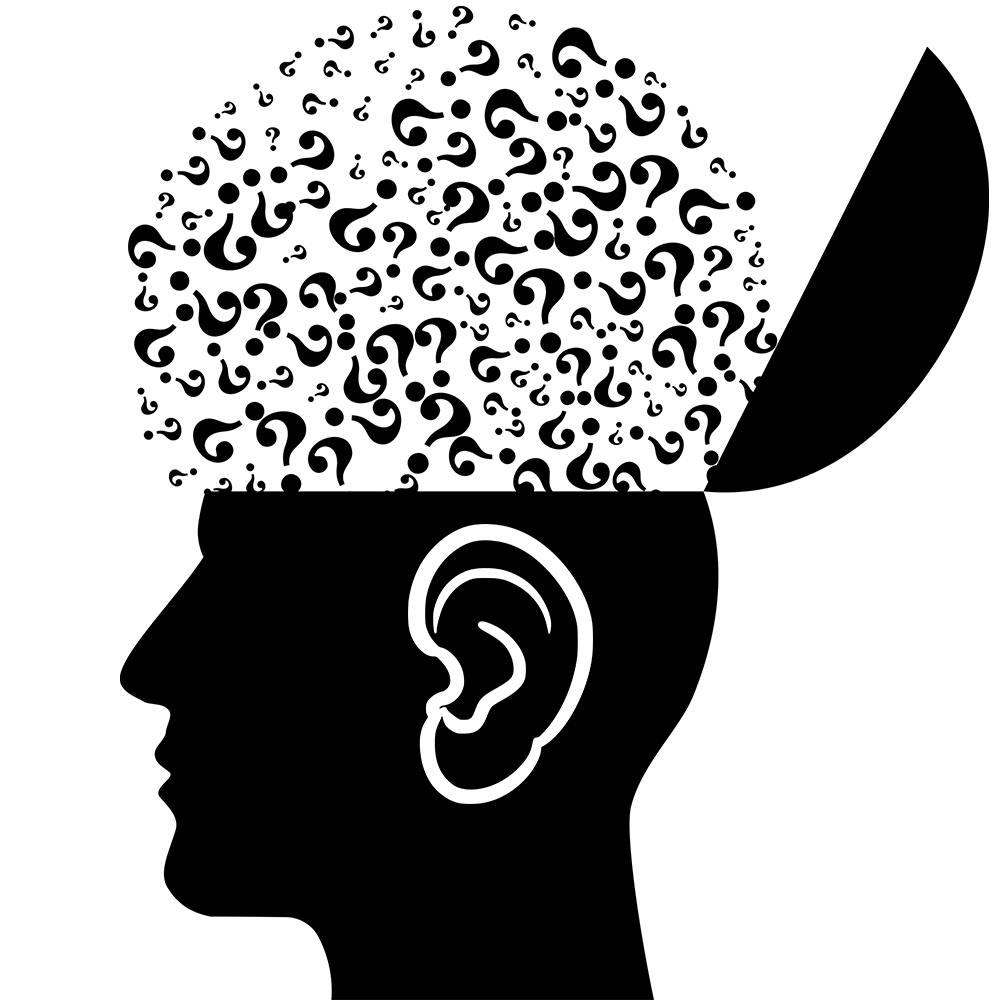Researchers at the School of Medicine are exploring a new link between age-related hearing loss and dementia in older adults. Current reports suggest hearing loss in older adults increases risk of dementia.
Dementia is a group of symptoms involving memory loss, language loss, and the impairment of other cognitive abilities. Currently, around 6.2 million Americans over 65 are living with Alzheimer’s, the most common form of dementia; That number is estimated to increase to 14 million by 2060.
Hearing loss also affects millions of Americans. According to the National Institute on Deafness and Other Communication Disorders, 15% of Americans aged 18 and up report hearing problems. Furthermore, nearly 25% of adults between the ages 65 and 74 and 50% of adults 75 years and older have hearing loss.
The Lancet designates hearing loss as one of the 12 modifiable risk factors for dementia; Estimates suggest that if all 12 risk factors were mediated, up to 40% of dementia cases worldwide would be prevented or delayed.
It is a common myth that dementia and hearing loss are just normal parts of aging. As people get older, their crystallized intelligence, which includes memories, experiences and knowledge of facts and vocabulary, should only grow. In part due to this myth, less than 30% of adults 70 years and older who could benefit from hearing aids have tried them.
Dr. Josef Coresh, a professor of epidemiology at the School of Public Health and director of the George W. Comstock Center for Public Health Research and Prevention, remarked on how heavily hearing loss can impact a person’s quality of life.
“[I’]m impressed with how underappreciated hearing loss is as a central driver of health and disease at older age,” he said in an interview with The News-Letter. “Hearing loss is extremely common. It touches such a critical function in our ability to communicate with the external world.”
Coresh discussed the link between hearing loss and cognitive decline.
“There’s somewhat of a vicious cycle where if you can’t hear, your cognition may decline, and when your cognition declines, it’s harder for you to make out exactly what people are saying, especially if there are interfering noises,” he said.
There are a variety of ways in which age-related hearing loss could contribute to dementia. Some of these causes, in particular social isolation, result from a lack of accessibility in the world for deaf and hard-of-hearing individuals that can make it difficult to communicate and connect with others. Connection with others and social engagement stimulate the brain, protecting it from cognitive decline.
Another potential way age-related hearing loss could cause dementia is that hearing loss might cause older adults’ brains to lose volume more quickly. Finally, the loss of hearing could trigger changes in the auditory processing regions of the brain, which are also important for memory and information processing.
In an interview with The News-Letter, Dr. Frank Lin, otolaryngologist and director of the Cochlear Center for Hearing and Public Health, discussed how the loss of other senses like vision or smell has varied effects on the risk for dementia.
“It all depends on the mechanisms. Every sense is completely different from each other,” he said. “For example, olfaction has been strongly linked with risk for dementia, but that’s very likely from a common cause, meaning the same Alzheimer’s pathology that causes dementia is also known to affect the olfactory bulb. Vision is sort of unknown still.”
Lin and Coresh are currently leading a study called Aging and Cognitive Health Evaluation in Elders to determine whether hearing aids and other aging intervention programs could help prevent dementia. The results of the study will come out early 2023.
Lin is also working on the “Know your Number” Initiative. According to Lin, for many metrics like eye prescription, blood pressure and cholesterol, most have a rough estimate of their numbers. This is not the case for hearing.
“No one knows their hearing number,” he said. “The problem with hearing is that there’s so many different numbers to measure it; you can measure speech in noise, speech in quiet, your audiogram.”
Lin noted that there is a promising solution to the complexity of hearing metrics.
“One number that really rings true, that serves as the basis for a lot of stuff in the future, is the pure tone average, which is basically just how loud speech sounds have to be for you to hear the softest speech sound you can hear.”
The initiative is to get people to learn their hearing number, which can be easily measured on the Health App of an iPhone according to Lin.
“You can actually calculate your hearing number which is basically just what your hearing level is. But no one really knows that’s there,” he said. “And that hearing number is meaningful because you can use that to customize your headphones or you can use it to understand if your hearing is changing over time.”
Lin expressed excitement for a new rule from the Food and Drug Administration that aims to make hearing aids more affordable and accessible. The policy, which goes into effect at the end of next year, will allow hearing aids to be purchased over the counter – opening up the market for competition by allowing companies like Apple, Bose and Samsung to sell hearing aids.

















